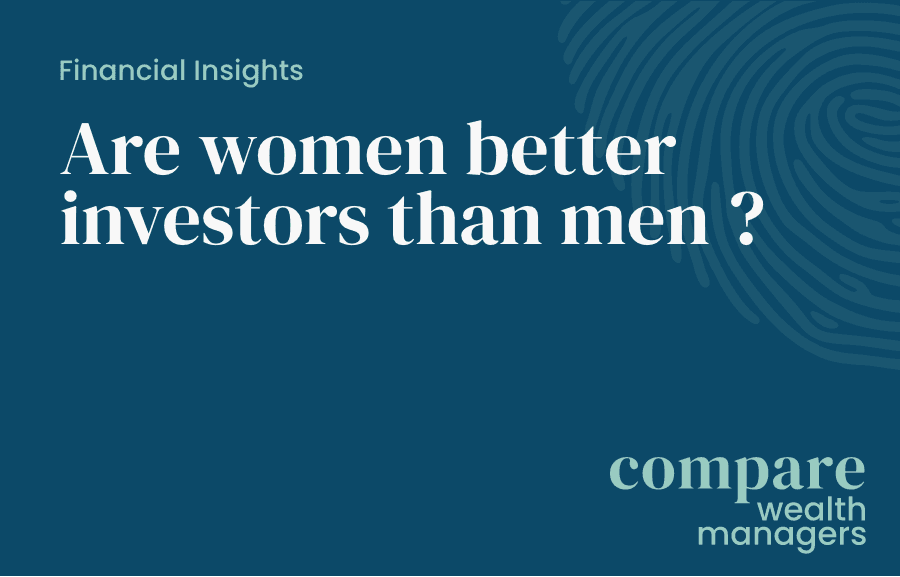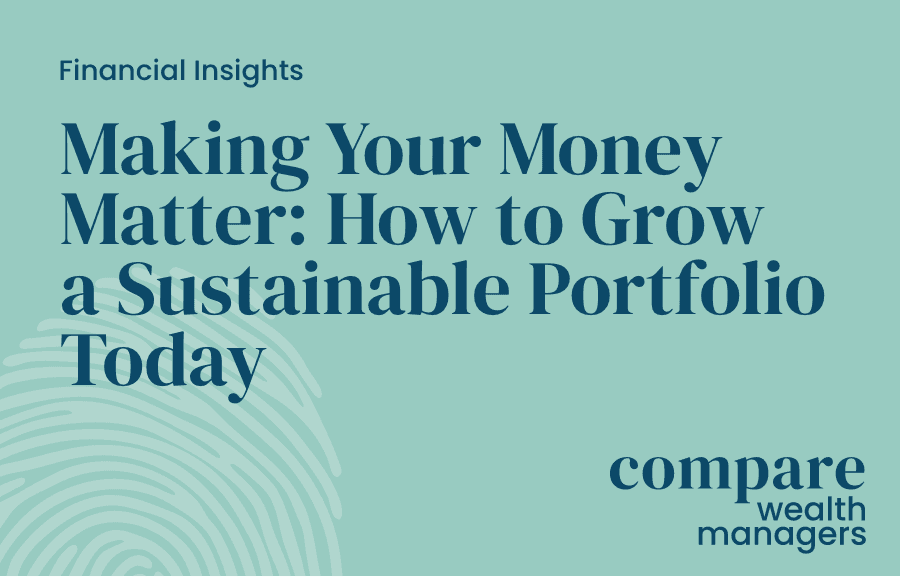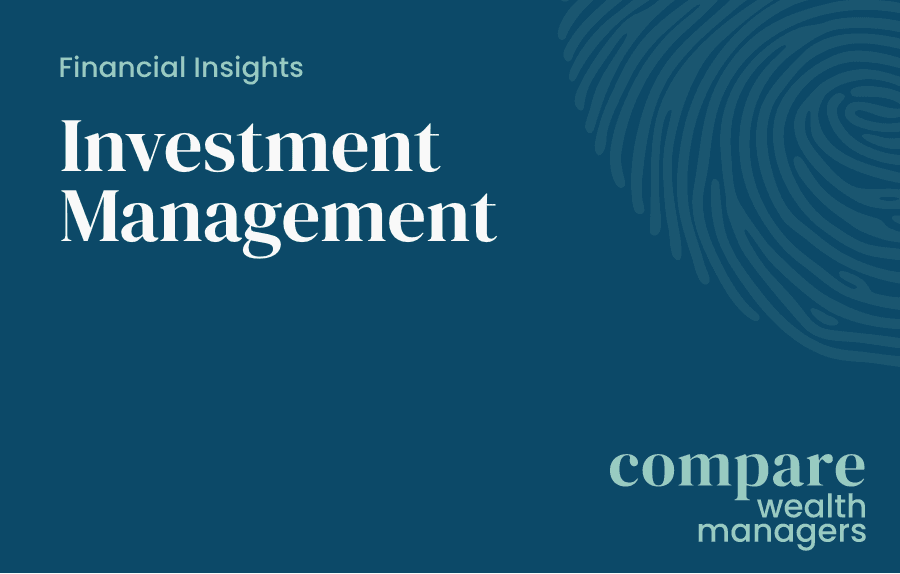In the world of investing, few principles are as quietly powerful, or as misunderstood, as compounding. It isn’t just a mathematical concept; it’s a critical driver of long-term wealth creation.
For high-net-worth individuals, family offices, and anyone thinking long-term, understanding how compounding works, and how to optimise it, can fundamentally change your financial outcomes.
Image: Pexels/ Akil Mazumder
What Is Compounding?
Compounding occurs when your investment earns a return, and then that return also begins to yield a return on itself. This cycle continues year after year, with each round of gains being reinvested. Over time, this generates exponential growth, rather than just linear accumulation.
As explained by Fidelity, it’s the reinvestment of earnings that leads to the snowball effect: the larger the snowball, the more snow it picks up.
For example, if you invest £100,000 at a 6% annual return, you’d earn £6,000 in the first year. In the second year, you’re earning 6% on £106,000 which gives you £6,360. Over time, the growth of your investment accelerates even without adding more capital.
Time Is the Key Ingredient
Time is a crucial factor in the effectiveness of compounding. The earlier you start investing, the more time your money has to grow.
Consider this example from Fidelity: "Julie starts contributing the maximum $7,000 IRA contribution at age 25 and keeps at it all the way through retirement at age 70. With annual compounding, she would have amassed $2,345,576 by 70. Compare this number to that of Julie’s friend Amy who didn’t start contributing the $7,000 max to her IRA until the age of 35. She only amassed $1,163,368."
This example illustrates how starting early can significantly impact the total accumulation due to the extended period for compounding to work its magic.
Image: Pexels/ Towfiqu Barbhuiya
Strategies to Maximize Compounding
- Reinvest Returns: Instead of withdrawing dividends or interest, reinvest them to benefit from compounding. This approach allows your investment to grow more rapidly over time.
- Stay Invested: Market fluctuations are inevitable, but maintaining a long-term investment perspective is key. According to Morningstar, staying invested, even during downturns, can lead to better outcomes than attempting to time the market.
- Utilize Tax-Efficient Accounts: Investing through tax-advantaged accounts like ISAs or pensions can shield your returns from taxes, allowing compounding to have a more significant effect.
- Start Early: The earlier you begin investing, the more time compounding has to work. Even small, regular contributions can grow substantially over decades.
Compounding vs. Simple Growth
To understand its full value, compare compounding with simple interest. With simple interest, your investment earns the same amount every year on the original principle. But with compound interest, each year’s interest becomes part of the principle for future growth. Over time, this leads to exponential results.
According to the SEC’s compound interest calculator, investing £100,000 at 6% over 30 years yields over £574,000, without any additional contributions. Highlighting the advantage possible via compound interest.
Compounding in Practice for HNW Investors
For wealthier individuals and families, compounding plays a central role in everything from retirement planning to multi-generational trusts and charitable foundations. The impact is magnified when combined with strategic asset allocation, disciplined rebalancing and the preservation of capital through market cycles.
Business owners also experience compounding when reinvesting profits into company growth, a form of internal compounding that can drive significant increases in enterprise value over time.
Don’t Let These Factors Interrupt It
While compounding is powerful, it’s also fragile. High investment fees, frequent trading, tax drag, and premature withdrawals can slow or even reverse compounding’s effects. This is why it’s essential to structure portfolios for the long term and reduce friction wherever possible.
A Vanguard study shows that even a 1% annual difference in fees or taxes can compound into a six-figure difference over a few decades.
Compounding doesn’t deliver instant results. It rewards time, patience, and consistency, qualities that often separate long-term investors from short-term speculators. For those who understand and apply it properly, compounding quietly builds wealth in a way that no market-timing strategy ever could.
If you’re looking to incorporate compounding more effectively into your investment or retirement strategy, Compare Wealth Managers can help. Our free comparison service connects you with expert financial advisers who understand how to build and preserve wealth over time. Just click the orange “Start comparing” button to begin or check out our 5* Trustpilot reviews.







